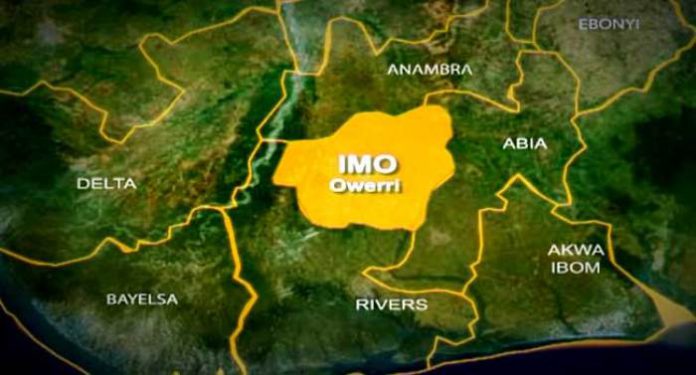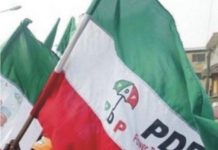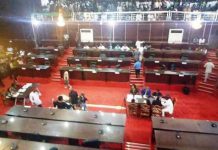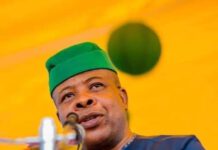For Orlu Senatorial Zone in Imo State, the journey to political prominence and dominance has been marked by twists and turns, but one organization stands out as the architect of its rise: the Orlu Senatorial Consultative Assembly (OSCA). Formed and registered with the Corporate Affairs Commission (CAC) approximately three decades ago in Lagos, OSCA emerged from the vision of progressive minds of Orlu extraction.
Under the astute leadership of HRM Eze Cletus I. Ilomuanya as the founding Chairman, with Chief Godwin Dibe as the first vice chairman, and the current governor of Imo State, Senator Hope Uzodinma, as the second vice chairman, OSCA was born at a time when Orlu was grappling to assert its influence in Imo politics, having faced setbacks in previous endeavors.
Other prominent members at the time of formation are but not limited to, Fidel Anujuo-OBA, Chief Cosmas Maduba, late Dr Douglas Acholonu, Dr Katch Ononuju, Senator Umar Maduagwu, Chief Tony Ezenna, Engr Chibuike Achigbu, Chief Greg Mbadiwe whom in the political landscape of 1999, OSCA propelled and projected for the gubernatorial seat, but the winds of political pragmatism necessitated a shift in strategy after all the political parties primaries.
Despite initial intentions, OSCA pivoted to endorse, support, and ultimately deliver Chief Achike Udenwa as the gubernatorial candidate under the banner of the People’s Democratic Party (PDP), aligning with the collective spirit of the Orlu project.
OSCA can be said to be the parent body to other satellite organizations such as the Orlu Peoples Assembly, Orlu Political Consultative Assembly (OPOCA) and the Orlu Gong, as they all operate under the overarching umbrella of OSCA. These entities functioned as strategic arms, amplifying Orlu’s voice and agenda within the intricate web of Imo politics.
Through coordinated efforts and cohesive messaging, OSCA and its affiliated bodies consolidated Orlu’s political edge, leveraging collective strength to navigate the complexities of state governance and policy-making.
The leadership pedigree of OSCA’s founding members, coupled with the strategic alliances forged through its subsidiary bodies, positioned Orlu as a formidable force in Imo’s political landscape. Senator Hope Uzodinma’s ascension to the governorship further solidified OSCA’s imprint on the state’s governance structure, symbolizing the culmination of years of groundwork laid by the organization.
With OSCA at the helm, Orlu emerged not just as a player but as a defining force, shaping the trajectory of Imo State politics for over twenty years on the steering wheel of Imo governance since the return of democracy in Nigeria; with a blend of vision, pragmatism, and unwavering commitment to the Orlu agenda.
The success of OSCA in elevating Orlu’s political prominence underscores the pivotal role of grassroots mobilization and strategic coalition-building in shaping political outcomes. By galvanizing support from diverse sectors of society and nurturing homegrown leadership talent, OSCA exemplifies the potency of indigenous organizations in driving socio-political change at the regional level.
However, after a recent constructive reappraisal, the group has not been fully satisfied with the pace of infrastructural development in Orlu, especially in Orlu city centre and has vowed to ensure the governor uses this rare opportunity of his second term to turn things around for the best.
As Imo State continues to navigate its political future, the legacy of OSCA serves as a testament to the enduring power of grassroots activism and community-driven initiatives in shaping the destiny of nations.
OSCA’s full story will be told in yet to be published book. “The Orlu Renianssaince, the story of OSCA”










